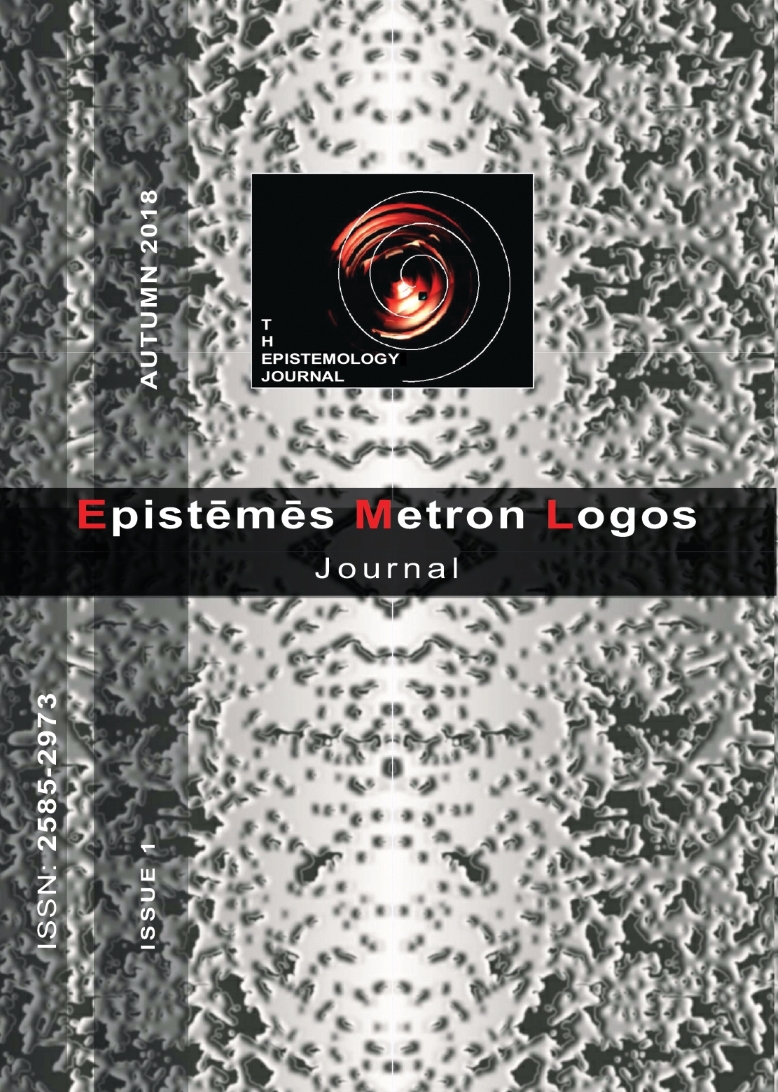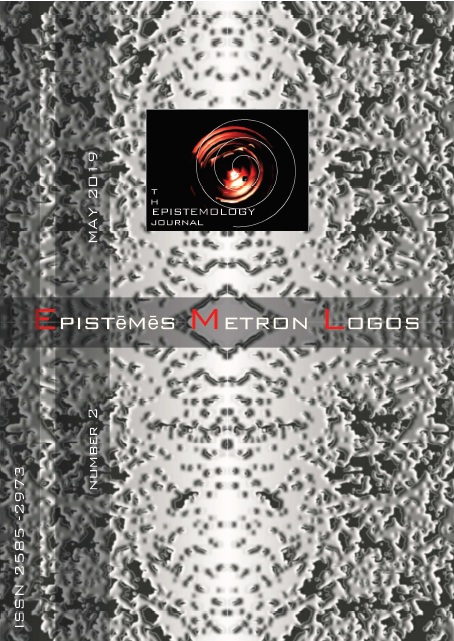Έρευνα και Ανθρώπινα Δικαιώματα - Παρενθετότητα και Παρέμβαση στο Ανθρώπινο Γονιδίωμα

Περίληψη
Η ανάπτυξη της βιοτεχνολογίας και των Βιοεπιστημών έχει οδηγήσει στη σύγκρουση μεταξύ της προσπάθειας για έρευνα και της ανθρώπινης αξιοπρέπειας. Έχουν τεθεί ζητήματα που αφορούν τις βιοτεχνολογικές πρακτικές, που έχουν ως σκοπό όχι μόνο τη θεραπεία αλλά και την έρευνα. Η γενετική τεχνολογία αφορά τις μεθόδους που καθιστούν δυνατή την επέμβαση στη δομή των ευρισκομένων στον πυρήνα του κυττάρου γονιδίων. Το σύνολο αυτών των πληροφοριών αποτελούν το γονιδίωμα του ατόμου. Με τη χαρτογράφηση του γονιδιώματος είναι πλέον δυνατό να διαγιγνώσκονται κληρονομικές ασθένειες και ανωμαλίες, που θα μπορούσε να παρουσιάσει ο άνθρωπος μετά τη γέννησή του και κατά τη διάρκεια της ζωής του. Τέτοιου είδους τεχνικές και έρευνες οδηγούν κατά βάση σε αρνητική ευγονική μέσω του αποκλεισμού εμβρύων λόγω κάποιας ανωμαλίας, αλλά και σε θετική αφού επιλέγονται για εμφύτευση τέλειοι άνθρωποι. Το δίκαιο, επομένως, έρχεται να αντιμετωπίσει τη ζωή ως ζημία. Τέτοιου είδους περιπτώσεις οδήγησαν στην θέσπιση νόμου κατά τον οποίο ορίζεται ότι η ζωή αξίζει per se και δε συμβιβάζεται η αναγνώριση δικαιώματος του προσώπου να μη γεννηθεί με την αξία του ανθρώπου. Αντίθετα με αυτό, υποστηρίζεται ότι το πρόσωπο δε μπορεί να υποτάσσεται σε μια υπερβατική αξία του ανθρώπινου γένους ούτε να ακυρώνεται το ατομικό δικαίωμα να καταφεύγει στη Δικαιοσύνη για πρόβλημα υγείας που πιθανόν δυσκολεύει τη ζωή του. Παρ’ όλα αυτά, διαφαίνεται πως μια τέτοιου είδους διαδικασία οδηγεί στον ετεροκαθορισμό του ανθρώπινου είδους και αναπόφευκτα στον υποβιβασμό της ανθρώπινης αξιοπρέπειας, αφού καταργείται η αρχή της διαφορετικότητας και δημιουργούνται υγιή πρότυπα. Χαρακτηριστική είναι η περίπτωση της Σύστασης 932 του συμβουλίου της Ευρώπης, στην οποία αναφέρεται ότι όπως ο άνθρωπος έχει δικαίωμα στη ζωή και την ανθρώπινη αξιοπρέπεια έτσι έχει δικαίωμα και σε αμετάβλητα κληρονομικά χαρακτηριστικά.
Λεπτομέρειες άρθρου
- Πώς να δημιουργήσετε Αναφορές
-
Sakellaraki, K. K. (2018). Έρευνα και Ανθρώπινα Δικαιώματα - Παρενθετότητα και Παρέμβαση στο Ανθρώπινο Γονιδίωμα. Epistēmēs Metron Logos, (1), 38–44. https://doi.org/10.12681/eml.19246
- Τεύχος
- Αρ. 1 (2018)
- Ενότητα
- Φορέας Έκδοσης

Αυτή η εργασία είναι αδειοδοτημένη υπό το CC Αναφορά Δημιουργού – Μη Εμπορική Χρήση 4.0.
Οι συγγραφείς των άρθρων που δημοσιεύονται στο περιοδικό διατηρούν τα δικαιώματα πνευματικής ιδιοκτησίας επί των άρθρων τους, δίνοντας στο περιοδικό το δικαίωμα της πρώτης δημοσίευσης.
Άρθρα που δημοσιεύονται στο περιοδικό διατίθενται με άδεια Creative Commons 4.0 Non Commercial και σύμφωνα με την άδεια μπορούν να χρησιμοποιούνται ελεύθερα, με αναφορά στο/στη συγγραφέα και στην πρώτη δημοσίευση για μη κερδοσκοπικούς σκοπούς.
Οι συγγραφείς μπορούν να καταθέσουν το άρθρο σε ιδρυματικό ή άλλο αποθετήριο ή/και να το δημοσιεύσουν σε άλλη έκδοση, με υποχρεωτική την αναφορά πρώτης δημοσίευσης στο EMΛ
Οι συγγραφείς ενθαρρύνονται να καταθέσουν σε αποθετήριο ή να δημοσιεύσουν την εργασία τους στο διαδίκτυο πριν ή κατά τη διαδικασία υποβολής και αξιολόγησής της.



